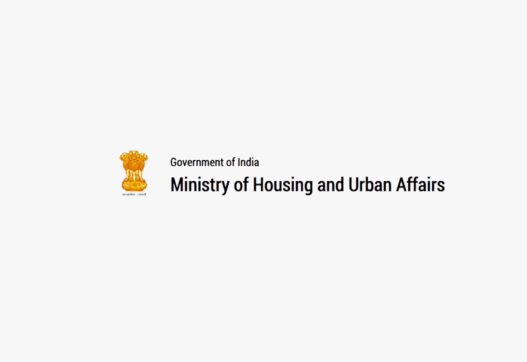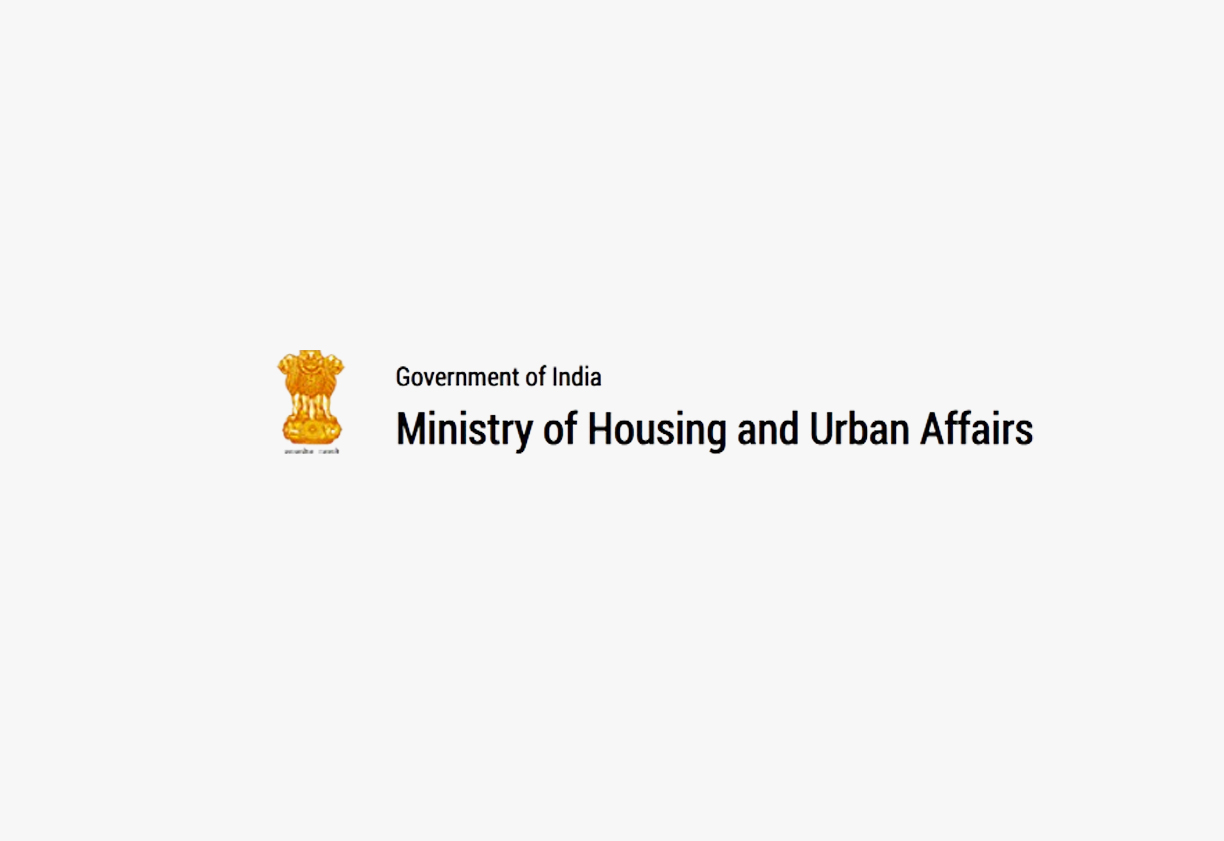Ministry of Housing and Urban Affairs
The Public Premises (Eviction of Unauthorised Occupants) Act, 1971, provides a legal framework for the eviction of unauthorized occupants from public premises in India and for matters connected therewith or incidental thereto. This act aims to ensure the proper management of government and public properties.
1: Act Background and Ministry Under Which This Act Is:
The Public Premises (Eviction of Unauthorised Occupants) Act, 1971, was enacted to provide for the eviction of unauthorized occupants from public premises and for certain incidental matters. This act aims to streamline the eviction process, ensuring the protection and efficient management of public properties. The act falls under the administrative purview of the Ministry of Housing and Urban Affairs, which oversees matters related to government properties and their management. The ministry plays a crucial role in ensuring the proper use and protection of public assets.
2: Enactment Date, Number of Chapters, Number of Sections:
The Public Premises (Eviction of Unauthorised Occupants) Act, 1971, was enacted on 23rd August, 1971, and is known as Act No. 40 of 1971. The act does not have formal chapters, but is structured into 20 main sections. These sections cover various aspects such as definitions, appointment of estate officers, procedures for eviction, powers of estate officers, appeals, penalties, and miscellaneous provisions. The act has been amended over time to reflect changing requirements.
3: Act Governed By:
The Public Premises Act is governed by the Central Government, which has the power to make rules and regulations under the Act. The act also provides for the appointment of estate officers to oversee the eviction process. The act is governed by the provisions outlined within it, as well as rules and regulations framed by the Central government. It is therefore a central authority oversight.
4: On Whom It Is Applicable:
The provisions of The Public Premises Act are applicable to the Central Government, estate officers, and all persons occupying public premises without authorization in India. The act ensures that all such individuals and entities adhere to the regulations outlined, as well as the Act’s mandate and guiding principles. The general public are indirect beneficiaries of the Act’s provisions. The act’s focus is to ensure the proper management of public properties.
5: Penalties/Punishments:
The act prescribes penalties for non-compliance and offenses, including:
-
Unlawful Occupation: Unlawful occupation of public premises attracts imprisonment or fines.
-
Failure to Comply with Orders: Failing to comply with orders of the estate officer can lead to fines and imprisonment.
-
Obstruction: Obstructing an estate officer in the performance of their duties attracts penalties. The act’s emphasis is on compliance and preventing unauthorized use of public properties.
6: Important Pointers:
-
Public Premises: The act defines “public premises,” covering a wide range of government properties.
-
Estate Officers: It provides for the appointment of estate officers to oversee eviction proceedings.
-
Eviction Procedures: It outlines the procedures for evicting unauthorized occupants from public premises.
-
Protection of Rights: It provides for the protection of rights of authorized occupants.
-
Rule-Making Power: It empowers the Central Government to make rules for carrying out the purposes of the act.
-
Overriding Effect: It has an overriding effect on other laws, ensuring its primacy in matters of eviction from public premises. The act outlines clear definitions and procedures to handle unauthorized occupation.
7: Act Copy:




